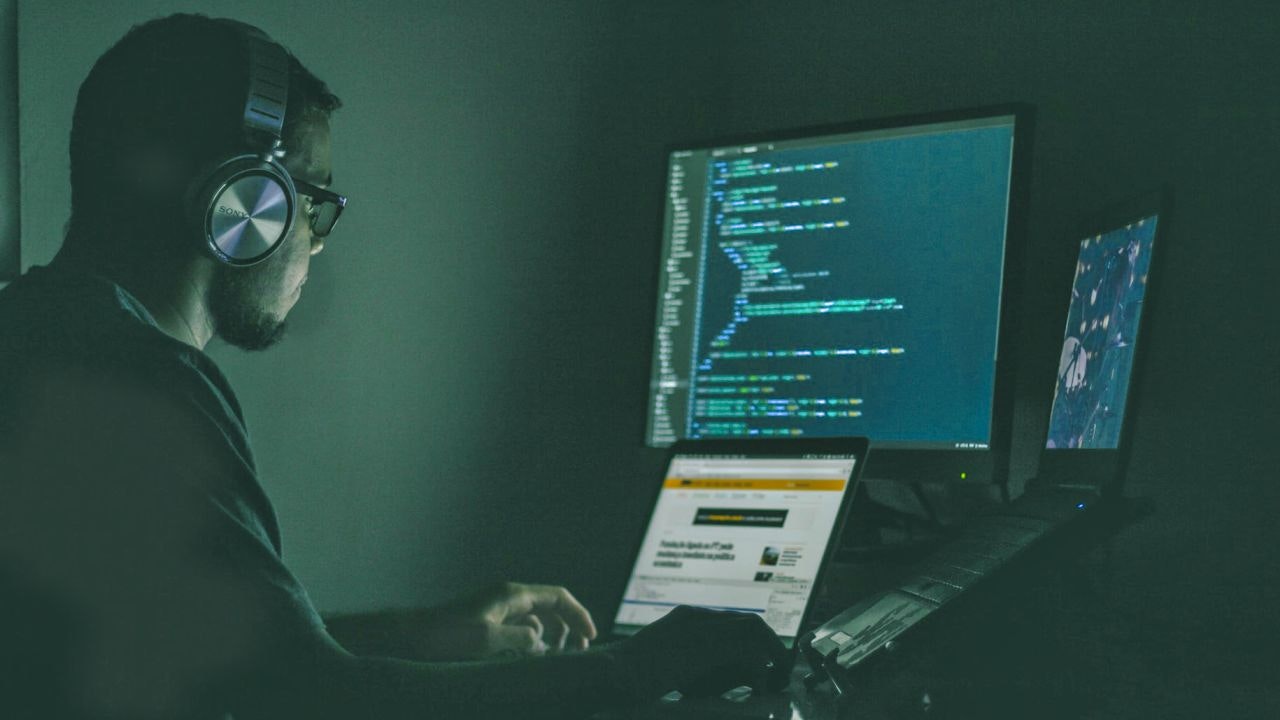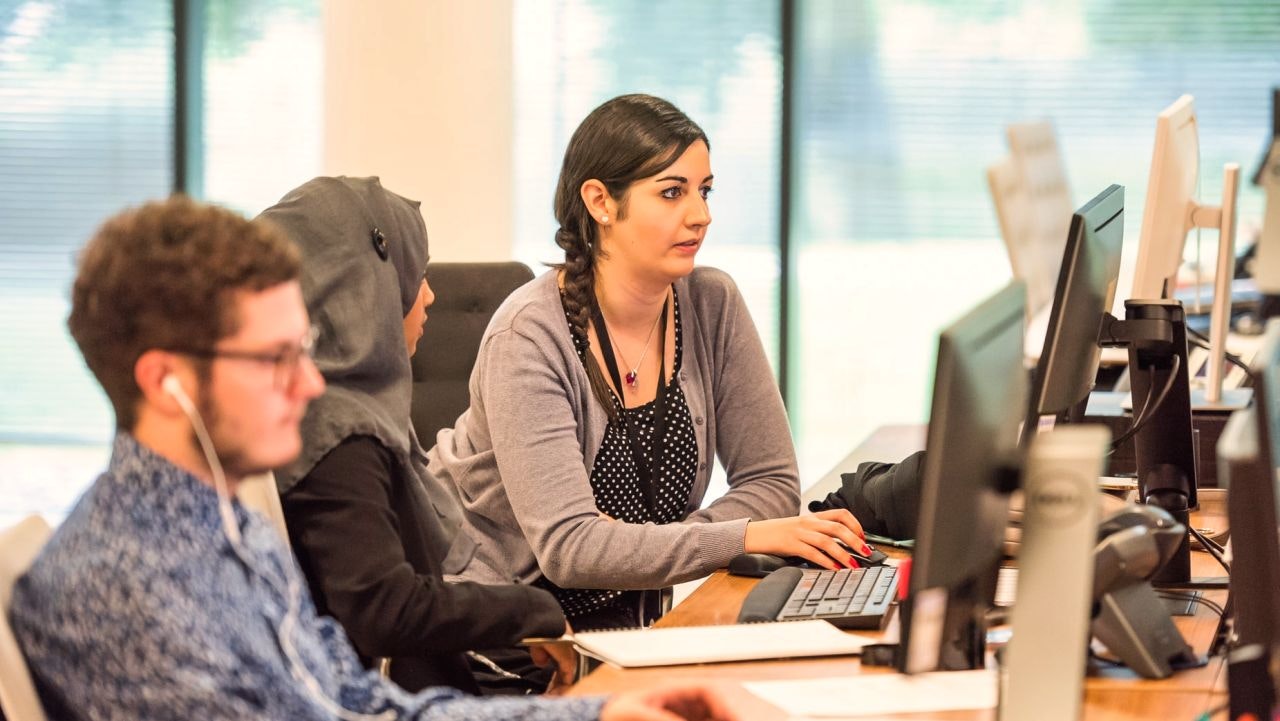
How important is content management system (CMS) security when you’re working with localization?
What steps do you need to take to ensure that your systems remain secure?
Any CMS can be affected by potential security vulnerabilities. Adding translation into the mix only increases the potential security risks.
By nature, translation and localization involve moving content between different systems. You send content and media to the translation providers, you receive content back from them, and you feed it back into your CMS.
This movement of data can introduce extra security vulnerabilities that you should take into account.
With the right approach, you can keep your systems secure and still have a streamlined localization process.
An imperfect approach to secure content management
Often companies believe that the only way to keep their computer systems secure is to keep everything on-premises and in-house.
This might be a sensible rule of thumb…
After all, you can control your own systems. You can’t control other people’s systems.
The downside of this approach is that it introduces extra work for you and your teams when you are working with translations.
Following this logic, people host their CMS on their own servers, install their own translation management system, hire their own translators, and try to manage all of the translation processes themselves.
This takes a lot of resources!
When working with translation, trying to do everything on-premises and in-house can cause companies to waste a huge amount of time, budget, and effort.
To make things worse, this approach doesn’t necessarily make your CMS more secure. As with the long-running debate of cloud vs on-premises services… it’s never as simple as saying “our systems are secure and other people’s systems are not.”
5 common CMS security issues
Wherever you host your content management system, there are several security issues that you should be prepared for.
Here are 5 common issues with CMS security:
1. Unsound configuration
The most common cause of CMS security issues is entirely preventable. When your CMS system hasn’t been configured correctly, it can leave the entire system open to potential attacks.
The bigger your organization, the more likely you are to be targeted by hackers, making it more likely they will discover any configuration errors.

2. Code vulnerabilities
A common type of security issue can occur when parts of the code on your CMS contain security vulnerabilities. When this code is exposed to the outside world, it can open your entire content system to potential attacks.
New flaws in CMS code arise all the time and news of them can travel rapidly among malicious web users.
3. Lack of regular maintenance and backups
Regular maintenance is a key part of keeping your digital systems safe. Cybersecurity threats are ever-changing and the only way to avoid your CMS being compromised by known security flaws is to stay one step ahead.
Backups are also vital, allowing you to restore a compromised system quickly if you are the victim of an attack.
4. Human error
Despite the increasing sophistication of hacking technology, human error is still as much a cause of cyberattacks as it was back in the early days of the internet.
In 2014, IBM reported that 95% of all security incidents were partly caused by human error. This has thankfully reduced in the past 7 years — human error and system glitches accounted for “just” 49% of incidents by 2019. However, mistakes are still common.
5. Insecure plugins
One problem with many CMS systems is that they rely on plugins to extend functionality. Even if the core system itself is secure, a plugin might not be. This can open up potential security vulnerabilities without your knowledge.
Any connector or plugin adds potential risk to your system. This is why it’s so important to consider the security implications whenever you are working with a translation provider.
How translation can exacerbate CMS security problems
You might not think of translation as being a security issue. But, working with translation has the potential to introduce extra security concerns.
There are steps you can take to overcome these potential vulnerabilities, but you need to be proactive about them.
A few common issues are:
- Working with connectors — Translation always involves moving content between your CMS and other systems. Software connectors speed this process up significantly, but they need to be secure.
- Multilingual plugins — Many content management systems are not natively multilingual. This means you will need to include plugins to handle translation. If these plugins are insecure or badly configured, you could be in trouble.
- Chain vulnerabilities — People sometimes overlook supposedly small security vulnerabilities because the impacts seem insignificant. However, the more systems you combine, the more you are at risk of chain vulnerabilities. This is when multiple vulnerabilities are exploited together.
- Multi-location access — As a global company, you likely have people accessing your CMS from all over the world. Each of those connections could introduce potential security problems.
None of these issues are unique to translations. But, when you are working with translations you need to take them into account.
The importance of working with a security-focused translation provider
How can you avoid your systems being compromised by these CMS security issues?
A reliable way to ensure you take the right steps is to work with a translation provider that understands your company’s security needs and has the resources to meet them.
Many translation providers are just too small. They don’t have the resources to provide you with the security features that your business needs.

Reliable signs of a secure translation provider
What signs should you look for to identify if a translation provider can keep you secure?
A good place to start is to find out if they have ISO information security certification. This demonstrates that the company has been independently audited and certifies that its processes and operations comply with international security standards.
Another sign is that they are open about their security policies and will share them with you. At Rubric, we are always happy to share our security policies with companies like yours. Just send us a message and ask us about your security needs.